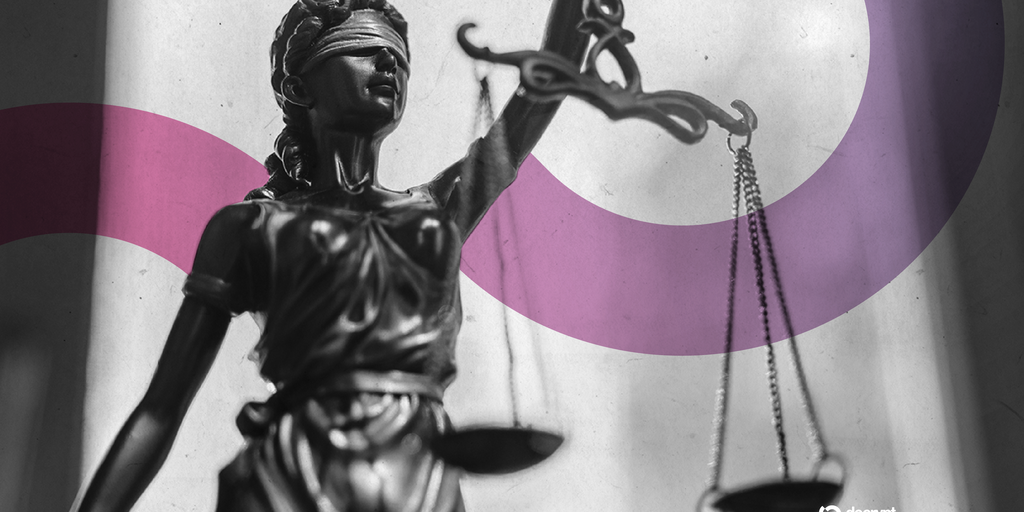The SafeMoon token once reached a market cap of more than $8 billion before collapsing amid fraud allegations.
A U.S. federal jury has found Braden Karony, the chief executive of digital asset firm SafeMoon, guilty on all counts in a crypto fraud case that prosecutors said led to the misappropriation of millions of dollars in investor funds.
Karony was convicted of conspiracy to commit securities fraud, wire fraud, and money laundering following a 12-day trial before U.S. District Judge Eric R. Komitee in the Eastern District of New York. He faces up to 45 years in prison when sentenced.
A jury also ordered the forfeiture of one residential property and the proceeds from the sale of another, amounting to roughly $2 million.
“The SafeMoon digital asset was anything but safe and turned out to be pie in the sky for investors who were deliberately misled by Karony, a man who sought to get rich quick by stealing and diverting millions of dollars,” U.S. Attorney Joseph Nocella, Jr. said in a statement.
Prosecutors alleged Karony and his “co-conspirators” misled investors about the structure and safety of SafeMoon, a token issued in 2021 that applied a 10% transaction tax on transfers.
Half of that fee was purportedly redistributed to token holders, while the remainder was said to be locked in a liquidity pool to support trading.
In reality, the Justice Department said Karony and others retained access to the liquidity pool and diverted substantial funds for personal use.
Despite public claims that they did not hold or trade SafeMoon tokens, Karony and others repeatedly bought and sold the asset for personal gain, including during peak prices, the court heard.
The diverted funds were used to purchase multiple properties, luxury vehicles, including an Audi R8 and Tesla, and custom trucks, according to the indictment.
Karony is accused of concealing his trading activity and use of investor funds through a series of pseudonymous wallets and unhosted accounts on centralized exchanges.
He personally obtained more than $9 million in crypto assets from the scheme, authorities said.
One co-defendant, Thomas Smith, has pleaded guilty and is awaiting sentencing. Another, Kyle Nagy, remains at large.
The case was investigated by the FBI, IRS Criminal Investigation, and Homeland Security Investigations, with assistance from the U.S. Securities and Exchange Commission.



